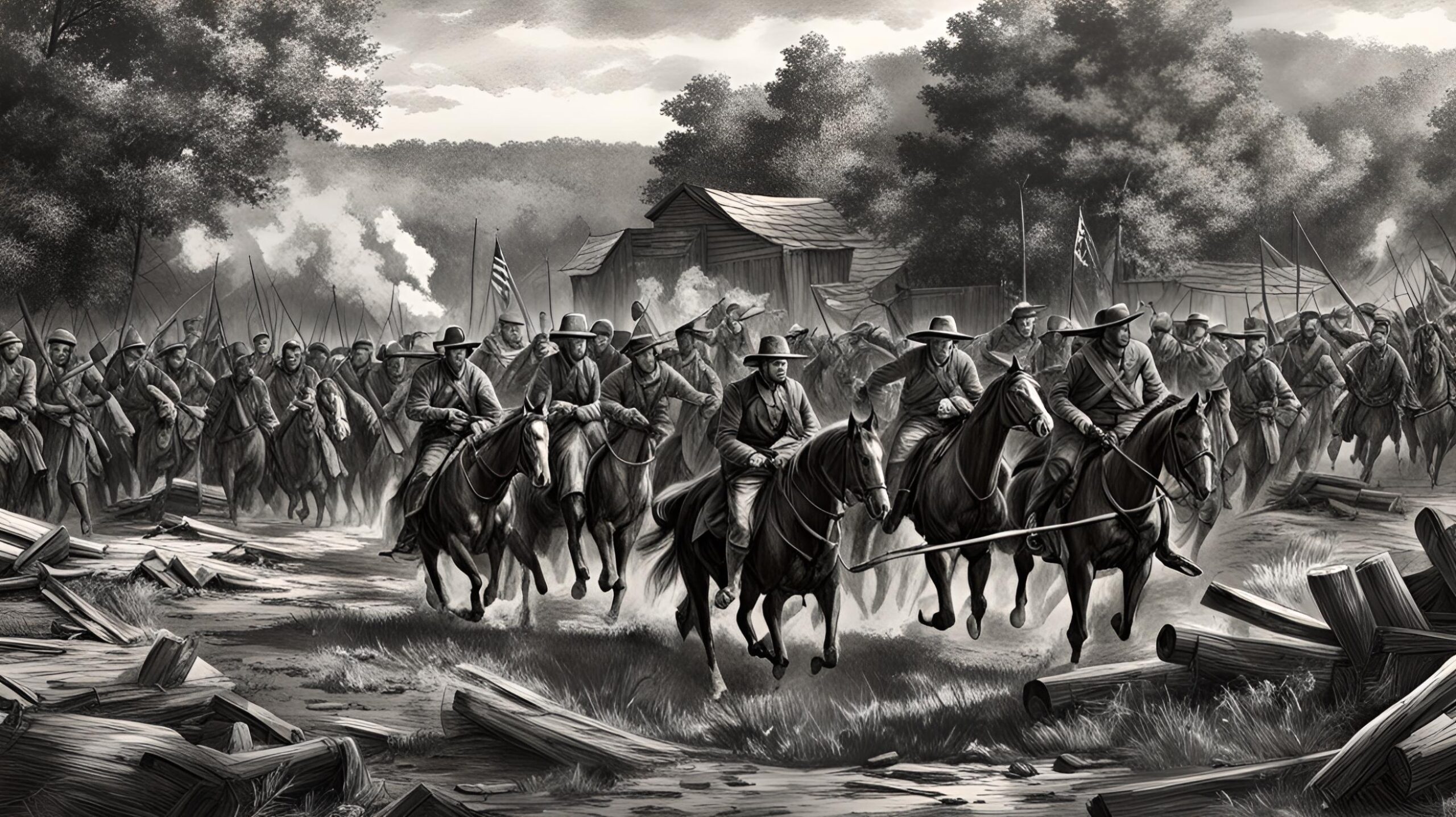Flashback to August 31
American History

The controversial event of November 7, 1876, which is forever etched in the annals of American history, saw both Rutherford B. Hayes and Samuel J. Tilden claiming victory in the presidential race. This event, having ramifications that spanned far beyond the political arena, escalated into an unparalleled crisis in US presidential history.
Hayes, a Republican candidate from Ohio, and Tilden, a Democrat from New York, were at the forefront in this epic clash. This was the climax of an election that had been riddled with serious multiple accusations of electoral fraud by both parties and this culminated in the dispute over the outcome.
This historic event began on a quiet autumn morning. The day was filled with anticipation, as people from all over the country convened at their local election centers to vote. As darkness fell, reports started coming in from different states. With each passing hour, the tension was palpable, and the air was thick with uncertainty.
Suddenly, news broke that both Rutherford B. Hayes and Samuel J. Tilden were claiming victory. This sent shockwaves through the country and stunned the entire nation who had been waiting anxiously for the election results.
Tilden had guided his campaign towards reforms in the aftermath of the corruption scandals of President Grant’s administration. He had an appeal among those thirsty for “good government.” His competitor, Hayes, had defined his campaign with a conciliatory approach to the South, endorsing civil service reform, and the nation’s return to a gold standard. The appeal of both candidates had made it impossible for their supporters to accept their adversary’s claim of victory.
The bitter dispute that followed their mutual declaration of victory began on that fateful November day and didn’t end until March the next year after many acrimonious debates and comprehensive investigations. There were 20 contentious electoral votes from Florida, Louisiana, South Carolina, and Oregon that became the focal point of the dispute. Without these votes, Tilden had 184 of the 185 votes necessary to win, whereas Hayes had 165.
The controversy over the election results led to an exceptional political deal— the Compromise of 1877. In exchange for the disputed electoral votes that would give Hayes the victory, his campaigners pledged to remove federal troops from the South, thereby ending Reconstruction.
As a result, Rutherford B. Hayes became the 19th president of the United States, though his victory left a sour taste in the mouth of many American citizens, particularly Samuel J. Tilden’s supporters. Despite this, Tilden gracefully accepted the decision and urged his supporters to respect the process’s outcome.
The event of November 7, 1876, is a symbol of the complexities and moral dilemmas of American politics and a reminder of how important electoral integrity is for a functioning democracy. This event further underscores the need for fairness and transparency in the electoral process since an election’s outcome has vast impacts that go far beyond the realm of politics.
The impact of this tumultuous event remains etched in memory, altering the landscape of American politics and shaping our understanding of democracy. Considering the importance of free and fair elections in strengthening a democratic society, the narrative of Rutherford B. Hayes and Samuel J. Tilden claiming presidential victory serves as a continual reminder of the high stakes involved in upholding electoral integrity. Indeed, the election of 1876 is a unique prism through which we can glean insightful lessons on governance, democracy, and political integrity.
We strive for accuracy. If you see something that doesn't look right, click here to contact us!
Sponsored Content

Civil War: Battle of…
Experience the dramatic history…

$162,821 is stolen at…
On August 31, 1798,…

William and Emily Harris,…
On August 31, 1978,…

US President Franklin Roosevelt…
"US President Franklin Roosevelt…

